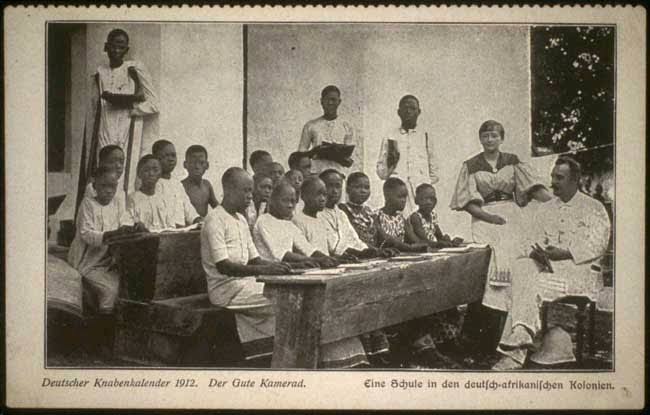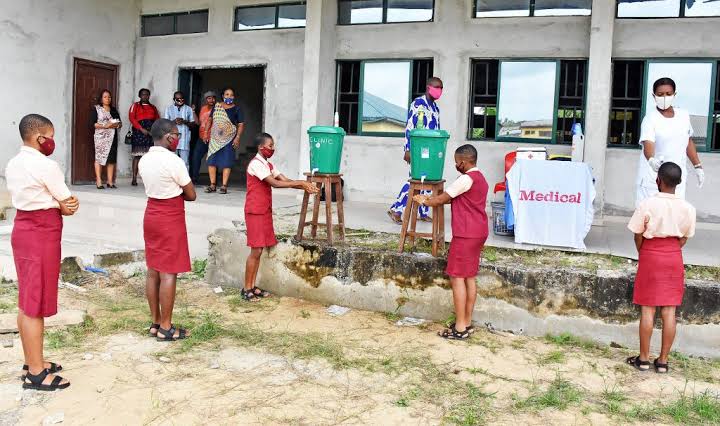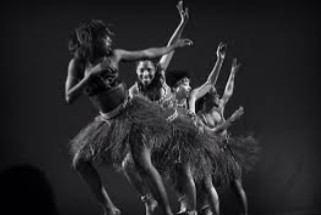
Education and schools have experienced several change over time in Africa. It has been an important part to the history of the continent since it was first introduced. However, before the contact of other cultures with Africa, the people had been exposed to education in different areas and forms for both male and female children. The effect and importance of this education cannot be overemphasized as children of different age groups are exposed to different skills and taught necessary values and social etiquettes that grooms them to be reliable, confident and productive adult. This trend continues from a generation to another. The continuity of the transfer of these values guarante their sustainance in the society as it promotes and preserves them beyond one generation.
Africa was mostly made up of tribes who often migrated depending on seasons, availability of fertile soil, and political circumstances before the colonial era. Therefore, power was decentralized in this era(a lot people held some form of authority as such power was not concentrated in a particular person or an institution). Usually, a person’s entitlement to land ( which were mostly patriarchal) gives the person some form of power within the person’s household and or within the person’s tribe. Households were also economically independent such that members of a household produced their own food, shelter and security. There was therefore no need for a formally organized education in precolonial Africa, as members of each household learned their skills, values, responsibilities, socialization and norms of their tribe/community/household by observing and assisting older household members or community members.
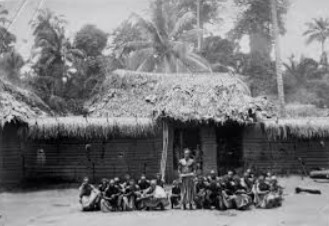
Education in precolonial Africa was therefore in the form of apprenticeship, a form of informal education, where children and or younger members of each household mostly learned from older members of their tribe/household/community. In most cases, each household member learned more than one skills in addition to learning the values, socialization, and norms of the community/tribe/household. Some of the common skills that people in precolonial Africa had to learn include; dancing, farming, wine making, cooking (mostly the females), in some cases selected people learn how to practice herbal medicine, how to carve stools, how to carve masks and other furniture.
Story telling also played significant role in education during precolonial Africa. Parents, other older members of households and Griots used oral story telling to teach children about the history, norms and values of their household/tribe/community. Children usually gathered around the storyteller who then narrates stories, usually, using personifications to tell stories that encourages conformity, obedience and values such as endurance, integrity, and other ethical values that are important for co-operations in the community.
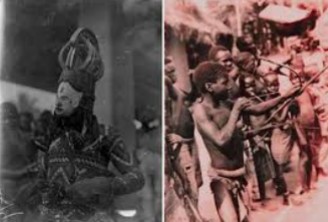
Festivals and rituals in most cases were also used as means to teach younger members of a household/tribe/community about the history of their household, community and or tribe. Rituals were mainly used to teach young adults about the responsibilities and expectations of adulthood such as teaching females how to cook and care for a household and teaching the men how to hunt, farm, make masks etc. An example of a ritual which was used to teach young girls about womanhood is Dipo. Dipo was used to teach young girls, usually, adolescents about cocking, motherhood, and other necessary womanhood skills and values before they marry (engage in sexually related activities).
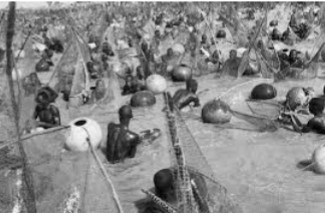
The origins of African education may be found in Egypt in Northern Africa. Papyrus, one of the first convenient mediums for retaining information, was used to develop systems for learning and developing new ideas. In fact, one of the first forms of higher education in Africa were the School of Holy Scriptures built in Ethiopia and Al-Azhar which was in Egypt. These schools became cultural and academic centers as many people traveled from all over the globe for knowledge and instruction. Well before contact with external cultures, Africans had developed pools of understanding and educational tools. Therefore, before the contact with external cultures Africans had been intimated with what education is. Obviously, education had being a known, practicable and sustainable part of life.






